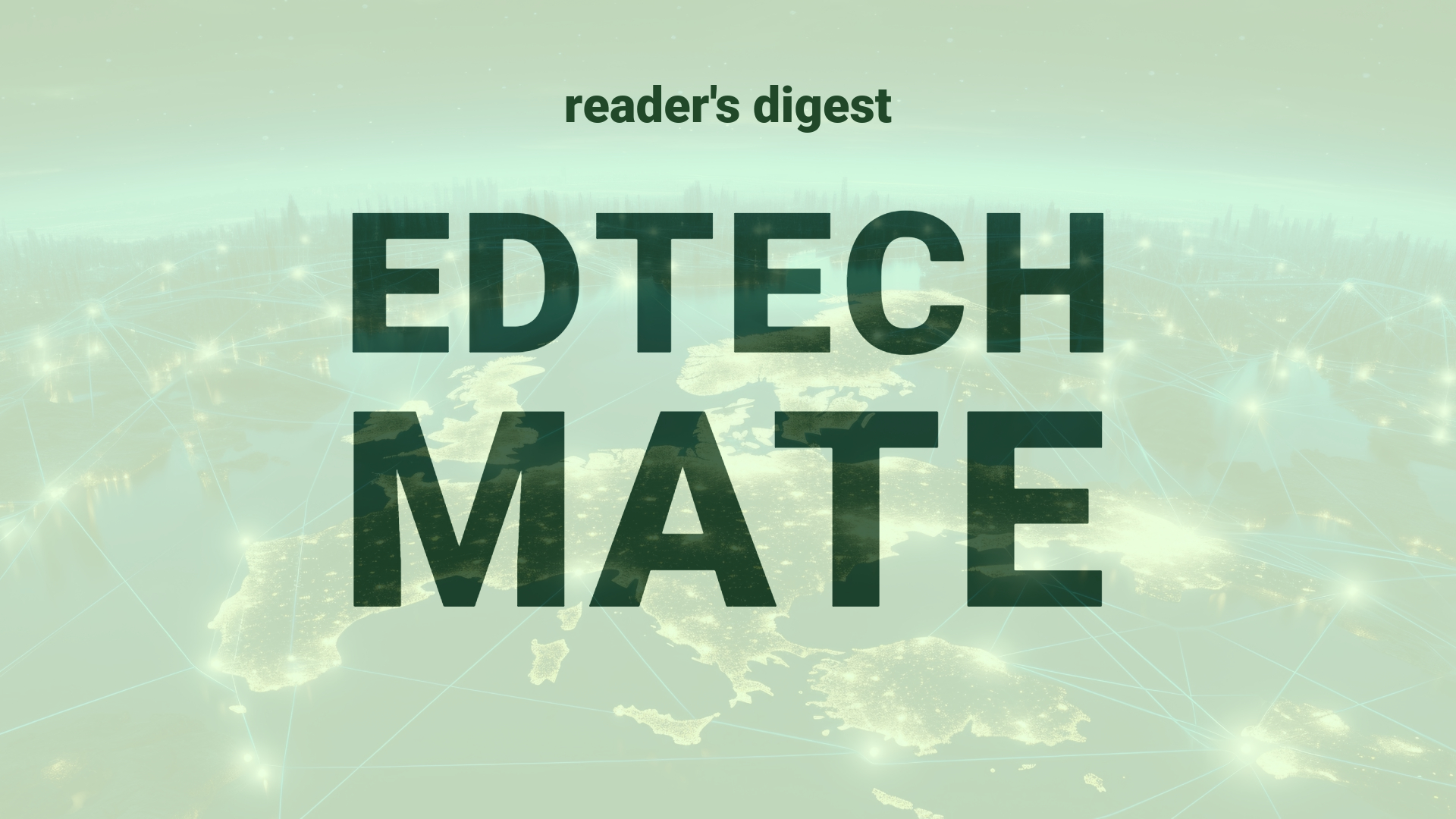Executive Summary and Main Points
Recent findings from UNESCO’s International Research Centre on Artificial Intelligence have cast a spotlight on pervasive gender and sexuality biases within Generative AI (Artificial Intelligence) technologies. The report identifies three primary forms of bias: data bias stemming from underrepresented groups, algorithmic bias due to learning disparities, and deployment bias that leads to improper associations. The biases manifest in a range of sectors, potentially reinforcing stereotypes through biased recruitment tools, skewed credit scoring, and medical misdiagnoses. This analysis underscores the importance of addressing these biases at the earliest stages of AI development.
Potential Impact in the Education Sector
The UNESCO report’s revelations about AI biases could have profound implications across the education sector. In Further Education, AI-influenced pedagogical tools must be scrutinized to prevent perpetuating historical disparities. Higher Education could see shifts in how AI is integrated into research and administrative processes, emphasizing the need for inclusivity and fair representation in academic datasets. When considering the burgeoning field of Micro-credentials, these findings argue for transparency and unbiased evaluation in AI-assisted credentialing systems. Strategic partnerships could leverage these insights to foster digitalization while prioritizing equitable treatment across all educational strata.
Potential Applicability in the Education Sector
Innovation within the education sector can draw significantly from the report. AI and digital tools could be engineered to counteract biases by incorporating diverse training datasets reflective of global demographics. There’s a chance for AI to be reimagined to assist personalized learning experiences, diminish segregated educational outcomes, and facilitate fair, competency-based assessments. Cross-cultural AI literacy programs can empower students and educators, thus preparing them to engage critically with AI systems and contribute effectively to a digitized educational ecosystem.
Criticism and Potential Shortfalls
Although the UNESCO report provides a critical examination of AI biases, it acknowledges limitations such as the challenges of capturing implicit associations, data contamination, and deployment biases. Case studies comparing AI implementations internationally may reveal disparate impacts on various populations, highlighting the necessity for ethical considerations beyond mere technical solutions. The lack of intersectional analysis could overlook nuanced forms of discrimination, suggesting that the battle against bias in AI necessitates a more comprehensive, multidimensional approach.
Actionable Recommendations
In light of these immediate concerns, it is crucial to embed anti-discrimination measures into the AI development lifecycle. Education leaders overseeing AI integration should prioritize ethical considerations at every stage, from conception to deployment. This approach includes expanding data diversity, involving marginalized groups in development, and initiating rigorous bias-detection protocols. Educational institutions should emphasize AI literacy that incorporates critical thinking about bias, fostering a culture of vigilance and inclusivity within the sector. Close collaboration with technological solutions providers can ensure these values translate into practical, bias-free AI applications in education.
Source article: https://www.cio.com/article/1312311/unesco-finds-pervasive-gender-bias-in-generative-ai-tools.html

